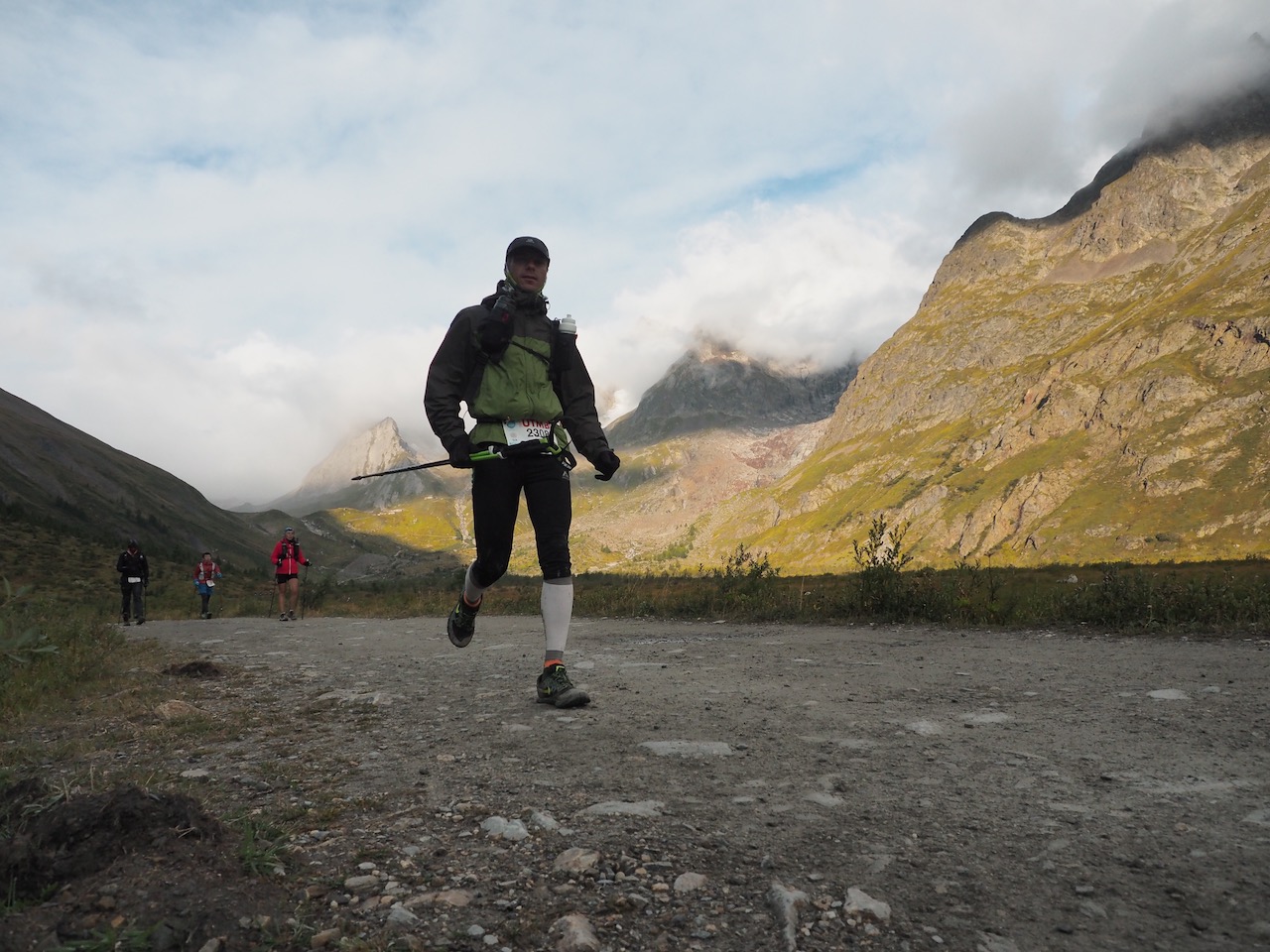Dr. Simon Benoit divides his time between his responsibilities as a doctor in the emergency department of the Verdun Hospital in Montreal, Canada, and as a chief doctor at a Medical Clinic. A complete reorganization of the Quebec health care system has been carried out over the past weeks to put everything in place to flatten the curve of new positive Covid 19 cases and prepare to absorb the peak of the epidemic expected in mid-April.
The coronavirus pandemic affects everyone. Some people know they are fragile and at risk, while others incorrectly believe that they are safe from being severely hit by this damned virus because they consider themselves to be in good health. Don’t be fooled! Everyone is at risk and everyone has a responsibility to protect our society from the destructive impacts of large-scale spread. The societal impact is everywhere, as the virus impacts human lives, our economy, our projects and our dreams.
I would like to draw your attention in particular to our young people, who are difficult to confine. They are certainly considered to be at lower risk and are generally less severely affected by the coronavirus, but they must critically be aware that they are an important factor in the transmission of the virus and that they considerably multiply the risks of spreading it if they do not stay confined to their homes, without their friends.
Take this recommendation very seriously! I personally decided to isolate myself from my family and settle next to the hospital while we are dealing with this health crisis.

This is our challenge
Our current challenge is to lessen the spread of new cases in order to protect our health care system from a tidal wave of COVID 19-infected citizens in need of critical care.
In Canada, the government and the Public Health Department issue recommendations every day. It is your duty as citizens to be aware of these public announcements and to rigorously apply these policies to your personal lives.
Our two biggest challenges are:
1. Respect the principle of social distancing
We must be united at home. If your physical presence is not required in terms of essential needs for the population, you must stay at home.
2. Counter the phenomenon of social anxiety
We must continue to brainstorm and use our imagination to come up with projects and set concrete goals. It is essential to nourish our mind and continue to grow as individuals, even if we are confined. We must make our time useful and maximize our stress management strategies.
What about running?
It is not so simple to answer this question, as it in fact addresses the two major challenges that I have just described.
It’s easy to say that running is the least risky outdoor activity, according to the following principle: the faster you run, the faster you pass others, therefore the safer it is. That’s not completely wrong, but it’s more complicated than it sounds.
For a good number of recreational runners, a training group is also a social gathering event. There is no doubt that it is completely irresponsible at this time to participate in such a group activity. By running, especially in spring, you’ll cough and blow your nose. In short, you are a moving mass of droplets.
You will understand that it is risky to fall into the temptation of a flexible interpretation of the recommendation for social distancing by claiming to being careful and maintaining that distance. This is why certain regions and certain countries have imposed confinement, prohibiting or restricting outings from home, whether for jogging or any other activity.
When you go on a run, you are always at risk, even if it is unlikely, of being injured. In this time of life, we have to realize that our healthcare system is overloaded and that there are no places to deal with minor running injuries. The walk-in clinics offer video consultations and will only make you travel for a physical and/or x-ray examination if absolutely necessary.
It is also strongly recommended that you do not consider visiting the hospital unless you are in critical condition. Health care settings are all considered high risk. Think about it, runner friends! If you decide to continue your workouts, this is not the time to increase your volume, to add new specific routines to which you are not adapted or to try to perform a PR downhill on icy trails. Be conservative!
Inspire citizen responsibility
We are, at the end of March, at the beginning of the community spread of the coronavirus. Our government authorities still allow us to leave our homes for now by trusting our judgment to respect the clear instructions for applying social distancing, but I implore you to be smart enough not to repeat the mistakes made among our friends in Europe and Asia. Let’s not be lazy or bend the rules of social distancing. If you want to run for anxiety, to stock up on vitamin D, and keep a healthy body and mind, be sure to do it alone in an isolated area.
We have never been so united and divided at the same time. Let us instead be rigorous and united. Running enthusiasts have always been the figurehead of our society in promoting healthy lifestyles. Let’s continue to lead by example in this fight that concerns us all. Let us inspire civic responsibility and collective thinking.
And for the most stubborn: you have to change the way you think! I say it and repeat it: we are all potential vectors of transmission and it is up to each of us to take responsibility, to self-analyze and to self-discipline rather than to whine or think that we are above governmental decisions. It is time to show that we are an evolved and mature society.
Translation : Caroline Beaton
Simon Benoit is an emergency critical care physician, in addition to maintaining an office practice focused on sports medicine. He is a member of the Quebec Association of Sports Doctors. He also has a degree in physiotherapy and chiropractic and is an ambassador for La Clinique du Coureur.


